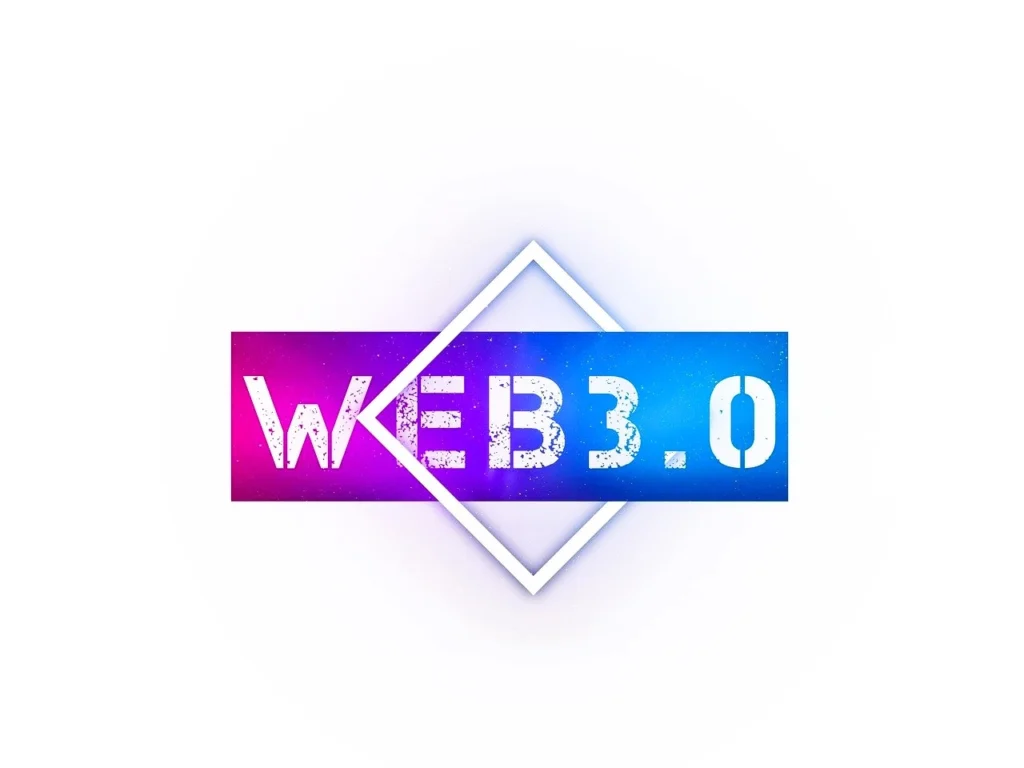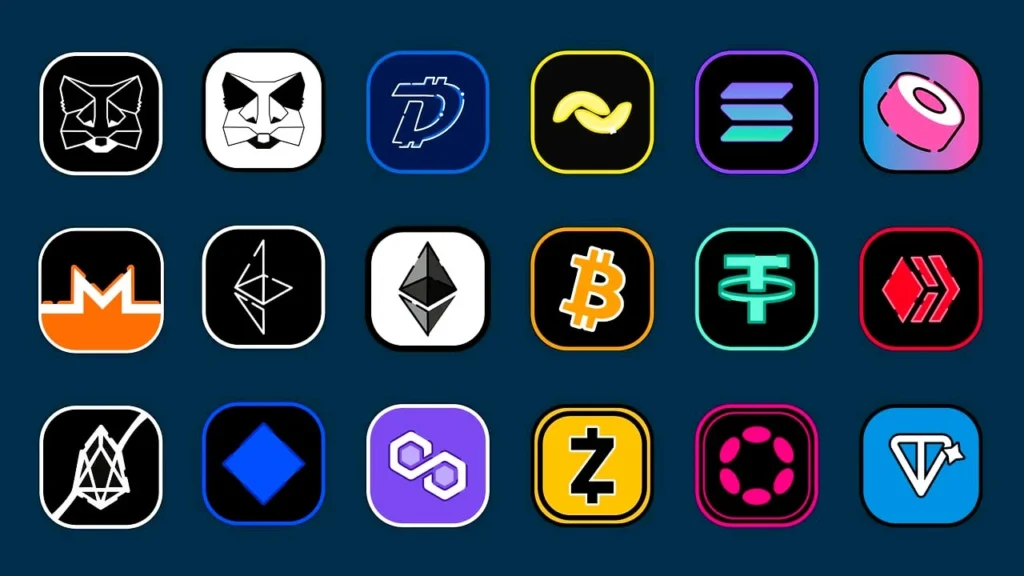How to Set Up and Use Web3 Tools for Small Business in 2025
As technology continues to evolve, Web3 is emerging as a powerful shift from the traditional internet. Unlike Web2, where big platforms control most of the data and services, Web3 offers a decentralized alternative powered by blockchain, smart contracts, and digital ownership. For small businesses in 2025, this means new ways to manage operations, build trust with customers, and unlock fresh revenue streams.
So, how can small business owners get started with Web3? Here’s a step-by-step guide.
✅ What Is Web3 and Why Should Small Businesses Care?
Web3 refers to the third generation of the internet where users control their data, identity, and assets using blockchain technology. Instead of relying on intermediaries, transactions and records are handled through peer-to-peer systems.
For small businesses, Web3 tools can:
- Reduce transaction fees
- Build more transparent customer relationships
- Offer new marketing channels (e.g., NFTs, DAOs)
- Secure payments with cryptocurrencies
- Automate operations using smart contracts

Step-by-Step Guide to Setting Up Web3 Tools for Your Business
1. Get a Web3 Wallet
A Web3 wallet is essential for any business wanting to interact with blockchain tools. It allows you to store crypto, sign contracts, and connect with decentralized apps (dApps).
Popular options:
- MetaMask
- Trust Wallet
- Coinbase Wallet
✅ Tip: Create a business-only wallet to separate company assets from personal ones.

2. Choose a Blockchain Network
Select a blockchain that suits your business goals. Consider transaction speed, cost, and ecosystem support.
Top choices for small businesses in 2025:
- Ethereum: Broad dApp ecosystem, widely supported
- Polygon: Low fees, ideal for NFTs and smart contracts
- Solana: High-speed, scalable applications
3. Accept Crypto Payments
You can easily accept cryptocurrency payments using platforms like:
- Coinbase Commerce
- NOWPayments
- BitPay
These tools allow you to integrate crypto checkouts into your website or invoices. You can accept coins like Bitcoin (BTC), Ethereum (ETH), USDT, or even stablecoins that don’t fluctuate in value.
✅ Bonus: Offering crypto payments can attract a global audience and tech-savvy customers.
4. Create a Decentralized Website (Web3 Domain)
Web3 domains like .eth, .crypto, or .nft give you a blockchain-based identity.
How to get one:
- Visit platforms like Unstoppable Domains or ENS Domains
- Register your business name (e.g.,
myshop.eth) - Link it to your wallet or redirect it to your existing website
These domains are censorship-resistant and owned by you permanently (no renewals required).
5. Launch NFTs or Membership Tokens
NFTs (non-fungible tokens) aren’t just for art. Small businesses are using them as:
- Loyalty rewards
- Digital coupons
- VIP membership passes
- Access to exclusive products/events
Example: A local café might issue an NFT loyalty card with discounts or free drinks for holders.
Use platforms like:
- OpenSea (Ethereum & Polygon)
- Rarible
- Zora
6. Use Smart Contracts to Automate Agreements
Smart contracts are self-executing code that runs on the blockchain. You can use them to:
- Automate vendor payments
- Trigger service delivery after payment
- Create transparent partnership agreements
No need for a lawyer or middleman – just write the rules into code. Use tools like Remix IDE or Thirdweb to deploy smart contracts without deep coding knowledge.
7. Join or Launch a DAO
A DAO (Decentralized Autonomous Organization) lets your community or team vote on decisions using tokens.
Small businesses can use DAOs for:
- Community-led product decisions
- Fundraising from supporters
- Transparent revenue sharing
You can set up a DAO using tools like:
- Aragon
- DAOhaus
- Snapshot
8. Explore Web3 Marketing Tools
Marketing in Web3 is different. Instead of ads, businesses grow through:
- Token incentives (reward users for engagement)
- Airdrops (free tokens/NFTs to loyal customers)
- Social tokens (your brand’s own cryptocurrency)
You can also use decentralized social media like Lens Protocol to connect directly with users without platform restrictions.
9. Stay Secure and Educated
With Web3, you are your own bank. That means it’s your job to secure your wallet, backup your seed phrases, and stay alert for scams.
Final Thoughts
Web3 isn’t just a buzzword – it’s a real opportunity for small businesses to reclaim control, reduce dependency on middlemen, and offer customers new ways to interact. Whether you’re running an e-commerce brand, local service, or digital startup, setting up Web3 tools in 2025 could give you a powerful edge.
It may seem complex at first, but like websites in the early 2000s, those who adopt early will likely gain the most.



